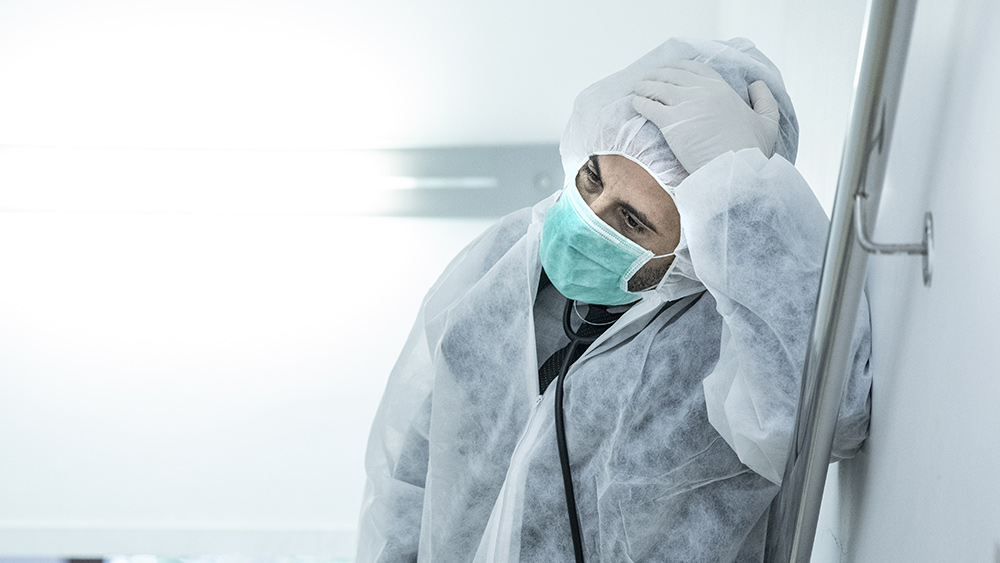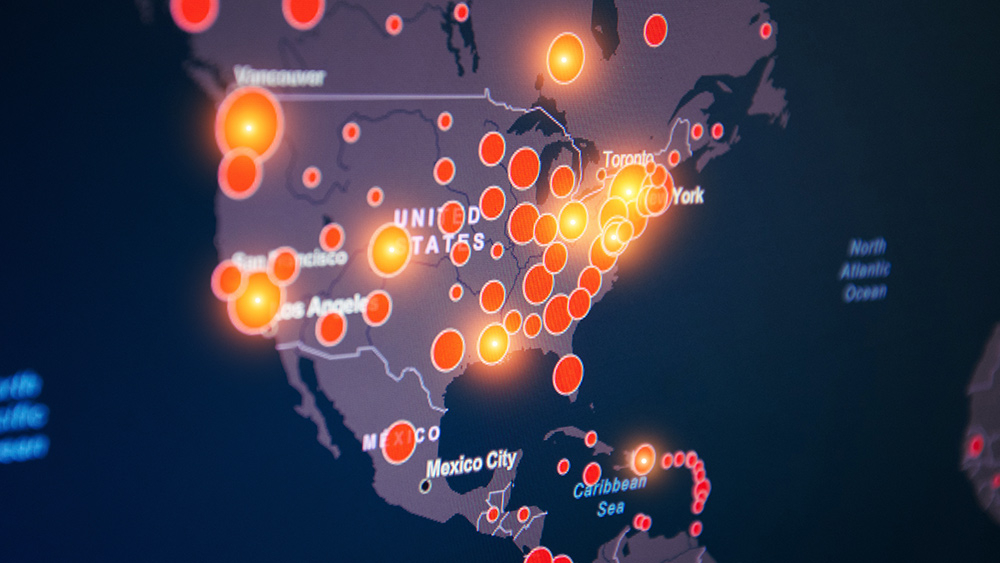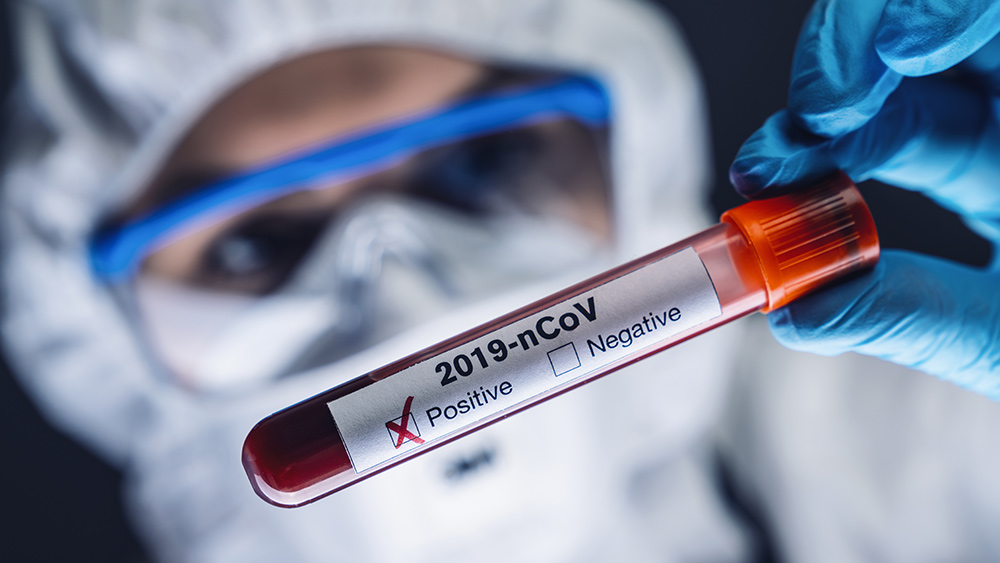Up to 86 percent of people walking around with the coronavirus don’t even know they have it (because they show no symptoms)
03/18/2020 / By Franz Walker

The more health officials are learning about the coronavirus (COVID-19) pandemic, the more it becomes clear that stealth cases of people who don’t know they have the virus are one of the main drivers for its spread. However, officials are just learning how big a part these stealth transmissions play. A new study is laying down the facts on just how many people may be unknowingly carrying — and spreading — the coronavirus.
A new study published Monday in the journal Science claims that up to 86 percent of people walking around with the coronavirus don’t even know they have it. The researchers behind the study arrived at this number by looking at data from China, where they estimate that six out of seven cases of the disease were not reported before travel restrictions were implemented.
“It’s the undocumented infections which are driving the spread of the outbreak,” said co-author Jeffrey Shaman, Professor of Environmental Health Science at the Columbia University Mailman School of Public Health.
Studying how the outbreak spread in China
To learn how much stealth cases influenced the rapid spread of COVID-19 when it first broke out in China, the researchers used computer modeling to track infections before and after the Chinese government implemented a travel ban on the city of Wuhan. From their computer models, the researchers found that these undocumented stealth cases that had either mild symptoms or no symptoms at all were behind around two-thirds of the reported patients. Through these stealth cases, the virus was then able to infect other people and cause severe symptoms in them.
“The majority of these infections are mild, with few symptoms at all,” sated Shaman in an interview with Mercury News. “People may not recognize it. Or they think they have a cold.”
After China implemented the lockdown, however, officials were able to slow down the coronavirus’ spread. By then, they were able to detect 65 percent of the cases.
Number of cases worldwide may be higher than previously thought
The new findings have grave implications for global efforts to track and slow down the spread of COVID-19 as most countries are behind on testing for the disease. Based on the results of the study, the actual number of cases worldwide could be five to ten times higher than what has been reported so far.
“We know this is just the tip of the iceberg, the question is how much of the iceberg is submerged,” Shaman said at a press conference Monday. “We can argue about the exact number, but if you’re not in a place where you’re not proactively looking for people and testing, then the majority of infections will go undetected.”
The results of the study demonstrate that widespread testing is needed to accurately track the scale of the pandemic and keep any stealth cases from spreading it any further. In the U.S., there have so-far been around 23,000 COVID-19 tests, according to the Centers for Disease Control and Prevention (CDC). However, this number pales compared to that of South Korea, which has implemented a massive testing spree that’s helped keep their death rate low, while also providing a more accurate picture of the outbreak over there. With this in mind, some experts think that the U.S. will end up needing to conduct tens of millions of tests.
The other thing that the study drives home is the importance of social distancing, in helping stem the spread of the coronavirus. The research shows that COVID-19 can infect the average person without them knowing about it, causing them to spread it unknowingly. Simply avoiding unnecessary contact with other people does a lot to protect against infection from any possible stealth cases who may not know that they have it.
Sources include:
Tagged Under: China, coronavirus, covid-19, Flu, government, infections, outbreak, pandemic, social distancing, superbugs, virus
RECENT NEWS & ARTICLES
Pandemic.News is a fact-based public education website published by Pandemic News Features, LLC.
All content copyright © 2018 by Pandemic News Features, LLC.
Contact Us with Tips or Corrections
All trademarks, registered trademarks and servicemarks mentioned on this site are the property of their respective owners.





















